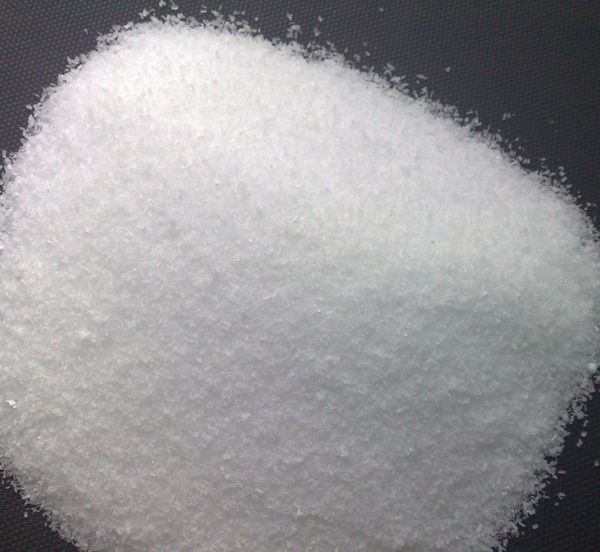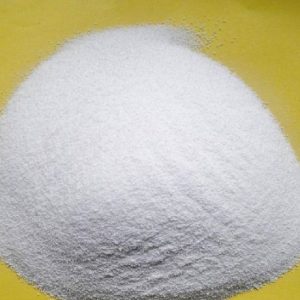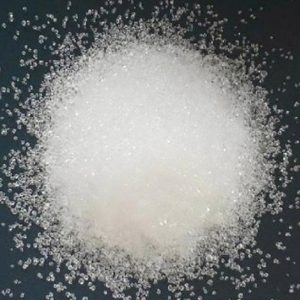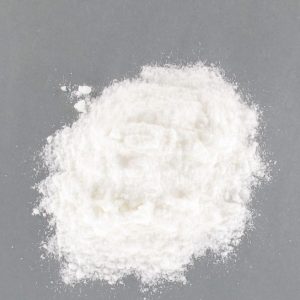Trisodium Phosphate: A Powerful Cleaning and Food Additive
Trisodium Phosphate (TSP) is a versatile compound widely used in cleaning, food processing, and industrial applications. Manufacturers produce TSP by neutralizing phosphoric acid with sodium carbonate or sodium hydroxide. Because of its strong degreasing and emulsifying properties, industries rely on it for multiple purposes.
Properties of Trisodium Phosphate
- Chemical Formula: Na₃PO₄
- Appearance: White, crystalline powder or granules
- Solubility: Highly soluble in water
- pH: Strongly alkaline when dissolved
- Odor: Odorless
Applications of Trisodium Phosphate
Cleaning Industry
It works as a heavy-duty cleaner and degreaser. Homeowners and professionals use it to remove stains, grease, and mildew from walls, floors, and other surfaces. It also prepares surfaces for painting by eliminating dirt and grime.
Food Industry
In food processing, TSP serves as an emulsifier and pH regulator. Manufacturers add it to cereals, processed meats, and cheese to improve texture and extend shelf life. Because of its effectiveness, food industries use it under strict regulatory guidelines.
Water Treatment
Water treatment facilities use TSP to prevent scale buildup in boilers and pipelines. By controlling pH levels, it reduces corrosion and enhances water quality.
Agriculture
Farmers incorporate this chemical into animal feed to provide essential phosphorus. This mineral supports bone health and overall growth in livestock.
Health and Safety Considerations
When used in regulated amounts, Trisodium Phosphate is generally safe. However, excessive exposure can cause skin irritation or gastrointestinal discomfort. Therefore, industries follow strict safety guidelines to ensure proper handling.
Conclusion
Trisodium Phosphate plays a crucial role in various industries, from cleaning and food processing to agriculture and water treatment. Its effectiveness as a cleaner, emulsifier, and pH regulator makes it a valuable compound in everyday applications.




